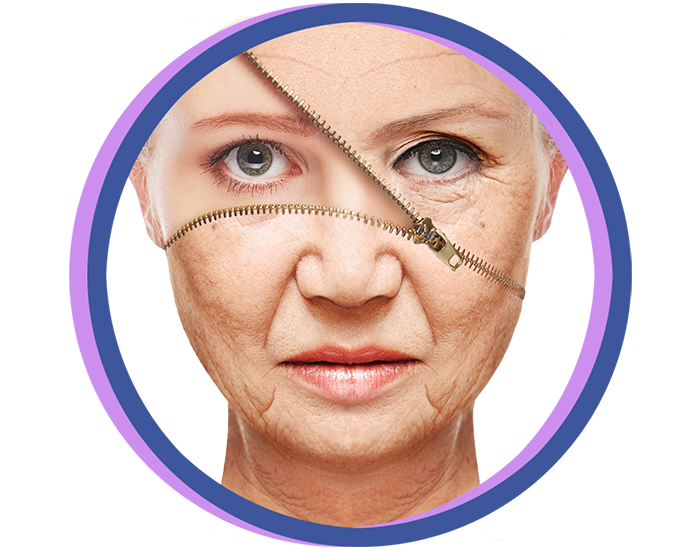Oxford Society
of Ageing and Longevity
We are a student-led organisation with the goal of accelerating the process of bringing ageing under medical control by galvanizing widespread support for the up-and-coming field of rejuvenation biotechnology.

A Cure for Ageing?
We treat cancer, visual impairment, heart disease and other ailments individually. The list is vast and extensive. But what if we could treat the root cause of nearly all disease? What if we could cure aging itself?
Controlling Ageing is within our reach.
Why is ageing a problem
Ageing is the biggest killer worldwide, and also the largest source of morbidity.
A world without ageing
Imagine a world in which everyone’s biological age is halted at 20-30 years.
What is ageing
Damage that accumulates over time, which exponentially increases the risk of the diseases.
Slowing the clock
In the lab, various anti-ageing approaches can extend healthy lifespan
Looking for more videos? Visit our past events page.

Seem far fetched?
We know, we know… But it’s a lot more plausible than it sounds. For the first time in human history we’re at a convergent point of CRISPR, Epigenetics, Genome-Wide Association Studies, Artificial Intelligence, Gene Therapy, and a whole slew of other new areas of growth in the coming decade.
Research Highlights
Cellular reprogramming and the rise of rejuvenation biotech
Summary: Main takeaway – the future of cellular reprogramming is bright, but there are still major hurdles to overcome before the technology can be used in a clinical setting. Cellular reprogramming is the process of reverting a cell to an earlier state. This paper...
Multi-omic rejuvenation of human cells by maturation phase transient reprogramming
Summary: Main takeaway – continuing partial cellular reprogramming a bit further than most previous attempts seems to result in more substantial rejuvenation. Usually, scientists stop partial reprogramming in the initiation phase, when cells still have not lost their...
How COVID-19 contributes to ageing: a multifaceted view
More than two years have passed since COVID-19 became a global pandemic, and it is still very much a public health issue for everyone. While many countries have loosened control over the disease considering the reduced virulence of the more infectious SARS-CoV2...



